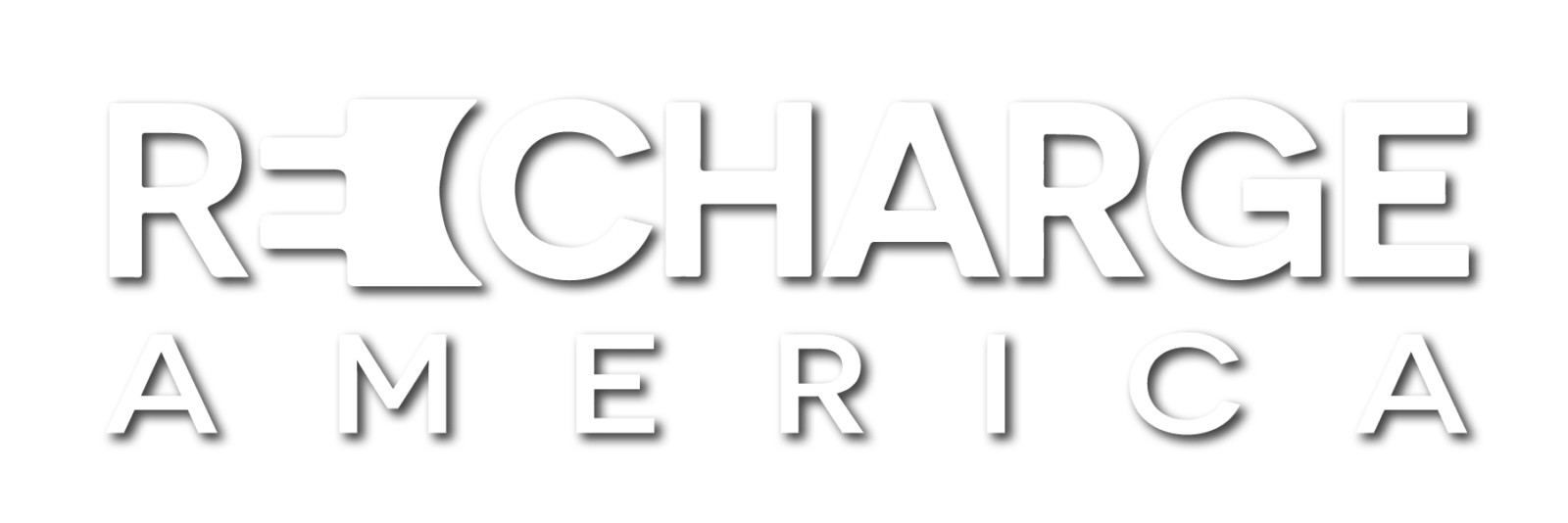2023 Participant Milestones Spotlight: Suryatech EV Power
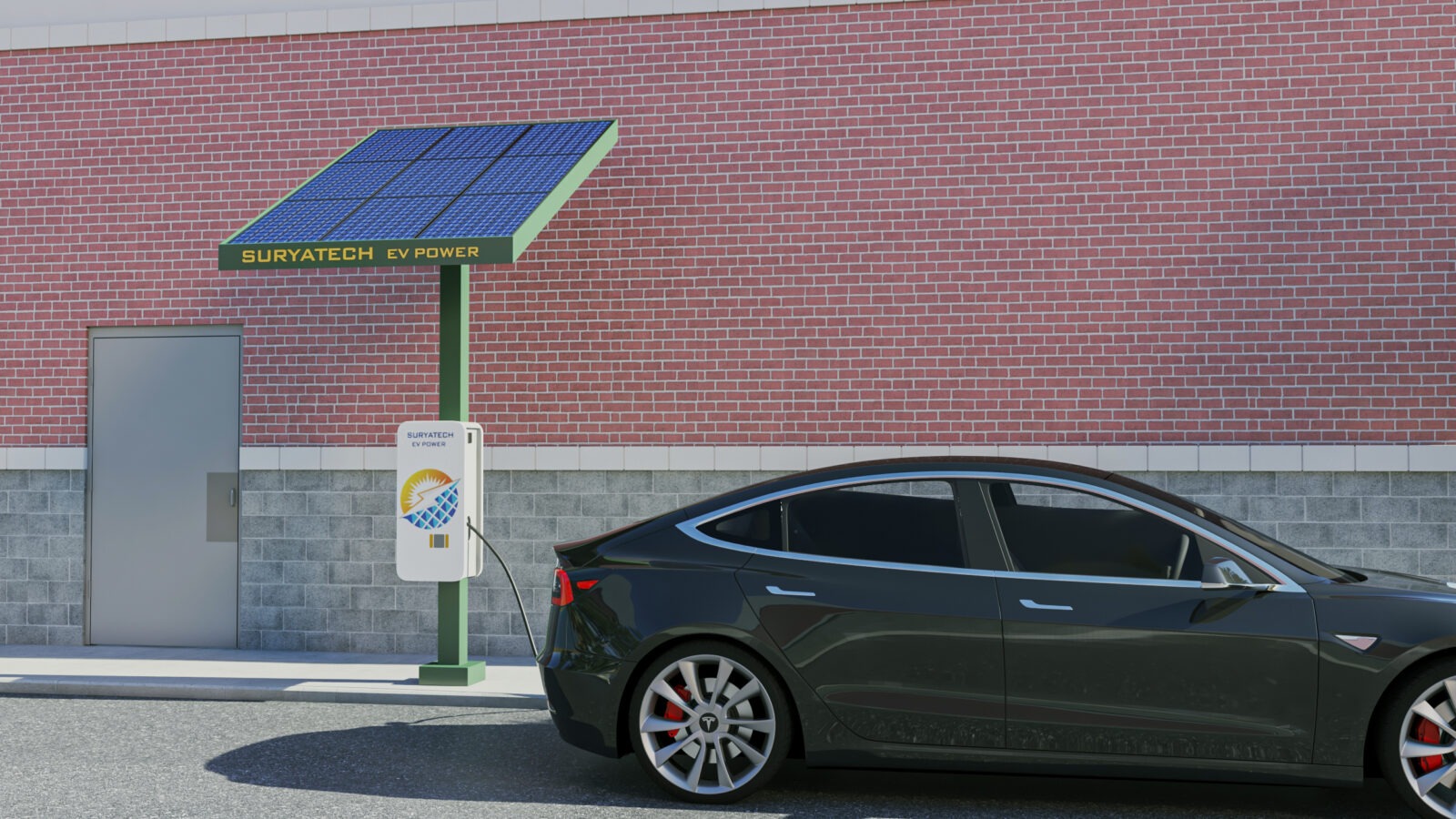
Suryatech EV Power, headquartered in Massachusetts, is a minority-owned cleantech company and the pioneering provider of hybrid solar + grid-tied EV charging stations. As a committed 2023 Recharge America participant, this visionary company is extending its impactful work from Massachusetts to New York, embracing a mission to create the most eco-friendly EV charging infrastructure, support […]
2023 Participant Milestones Spotlight: UMass Boston

Our 2023 participant, The University of Massachusetts Boston (UMass Boston), stands out as a public research university in Boston, Massachusetts. It is the only public research university in Boston and ranks as the third-largest campus within the five-campus University of Massachusetts system. Recognized as the third most diverse university in the United States, UMass Boston […]
2023 Participant Milestones Spotlight: Mass General Brigham Transportation Department
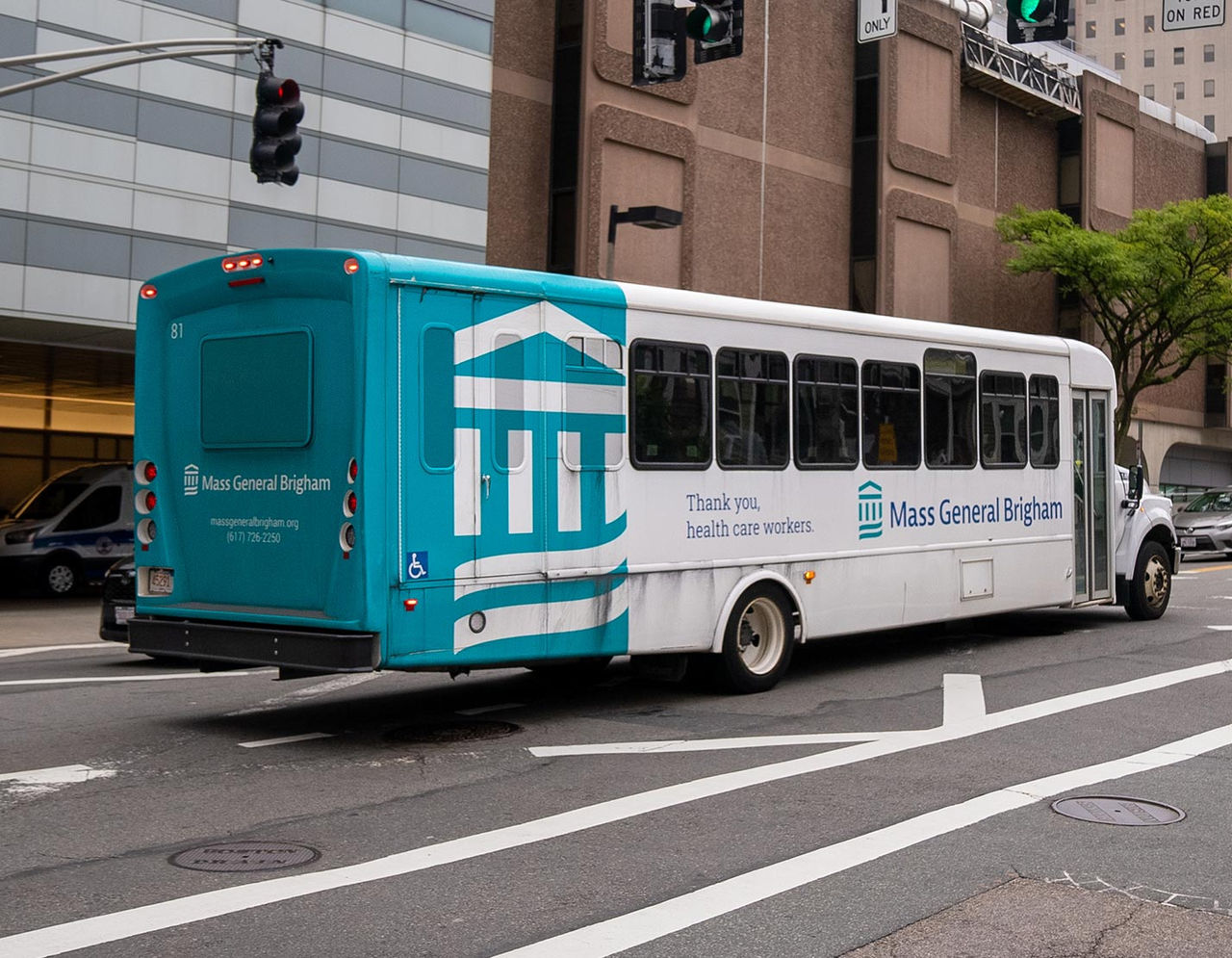
Mass General Brigham Transportation Department, headquartered in the vibrant Greater Boston area, operates with a mission that transcends mere medical care. As our esteemed 2023 participant, they have taken a significant leap towards integrating sustainable practices into their operations. Known for offering complimentary shuttle rides to patients, visitors, and employees across the health system, they […]
Participant Milestones Spotlight: Cape Air

Cape Air, a trailblazer in regional air travel with its headquarters at Cape Cod Gateway Airport in Hyannis, Massachusetts, is taking significant strides toward integrating electric vehicles (EVs) and clean energy solutions into its operations, now extending EV efforts to Maine, New York, Vermont, Illinois, Michigan, Montana, and Puerto Rico. Last year our 2023 participant, […]
2023 Participant Milestones Spotlight: Town of Truro
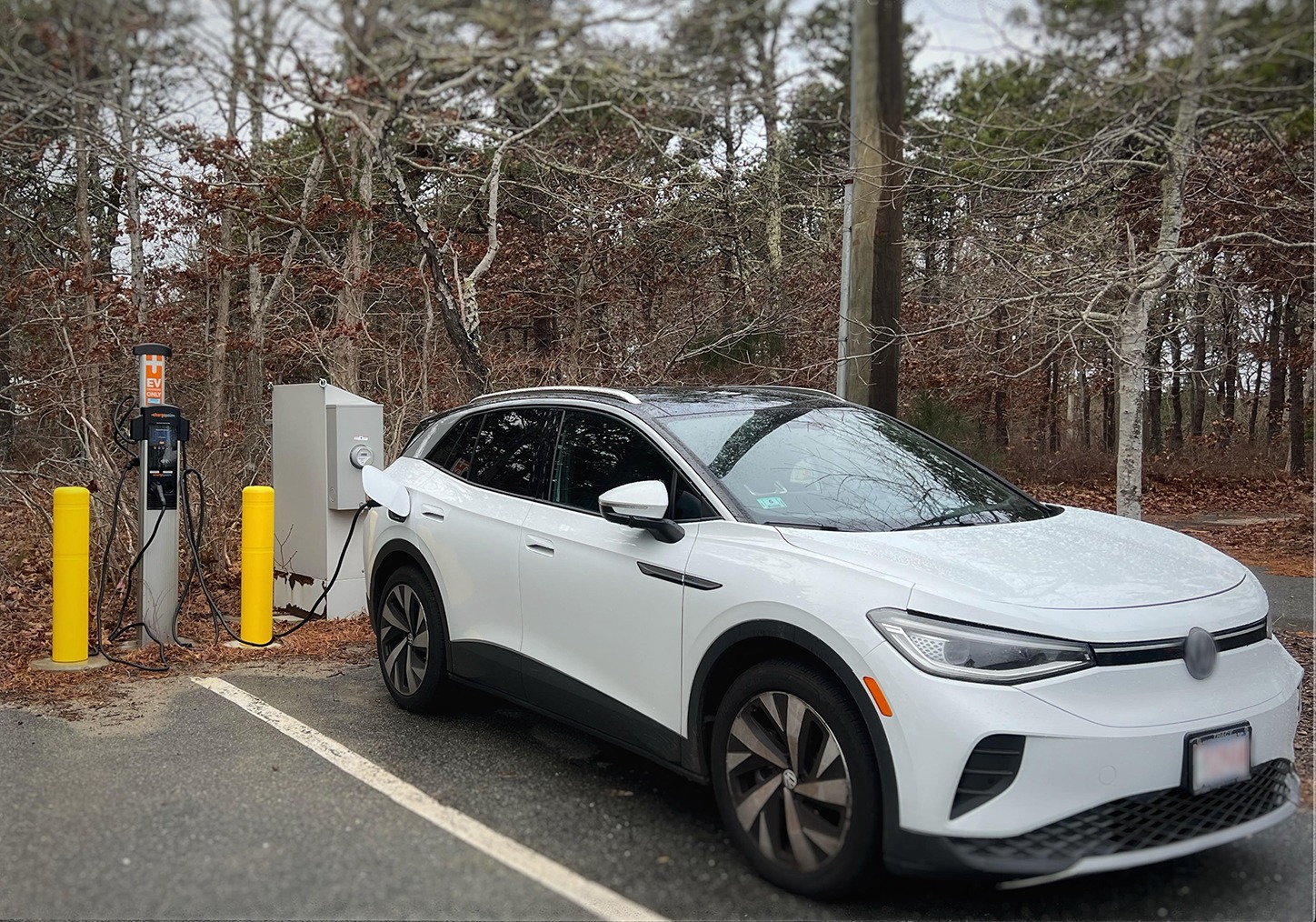
Located in Barnstable County, Massachusetts, the Town of Truro is about two hours outside of Boston. With its inviting beaches and vibrant community spirit, this small town of +2,000 residents is making significant strides for beneficial electrification. In 2023, with 5.6% of registered vehicles being non-fossil fuel vehicles in Truro, the town made strides in […]
2023 Participant Milestones Spotlight: The Massachusetts Department of Conservation and Recreation
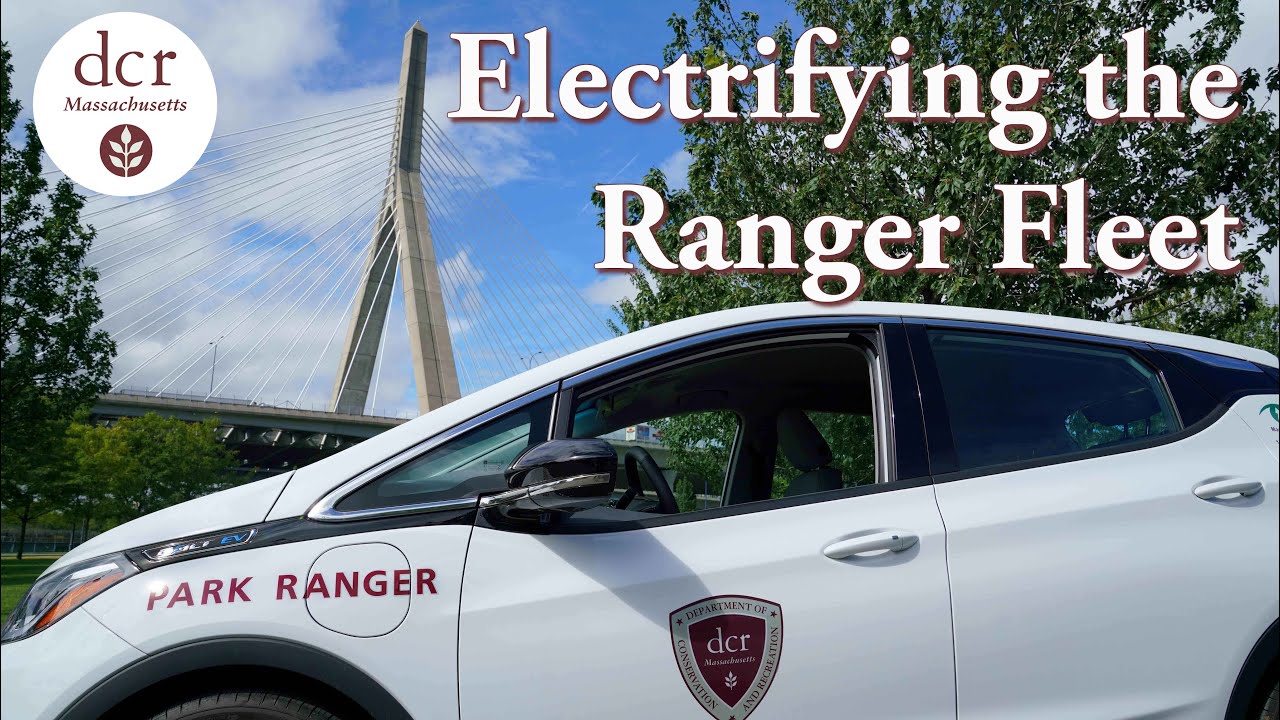
In 2023 our participant, the Massachusetts Department of Conservation and Recreation (MassDCR), a state agency within the Commonwealth’s Executive Office of Energy and Environmental Affairs, made considerable progress toward a more sustainable and efficient future. Recognizing the importance of accessibility to charging infrastructure as a cornerstone for the adoption of electric vehicles (EVs), MassDCR installed […]
2023 Participant Milestones Spotlight: Global Lease Group
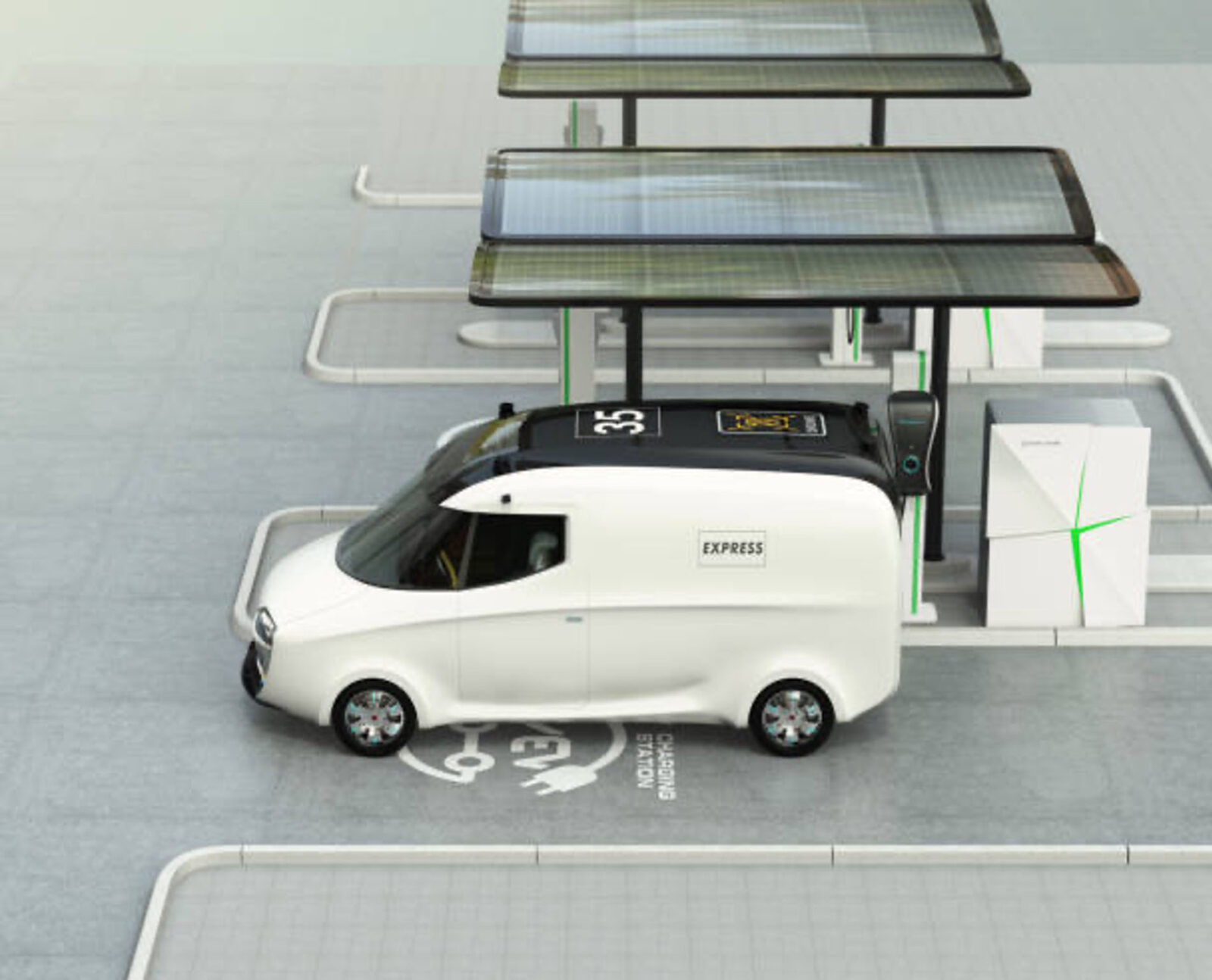
In a significant leap towards sustainable transportation, Global Lease Group, a renowned leader in fleet management and leasing, has set a remarkable precedent within the industry. Based in Lexington, MA, and working throughout the Northeast U.S., this innovative company serves a wide range of customers, including businesses, non-profits, and government groups. 2023 was a key […]
2023 Participant Milestones Spotlight: UMass Chan Medical School
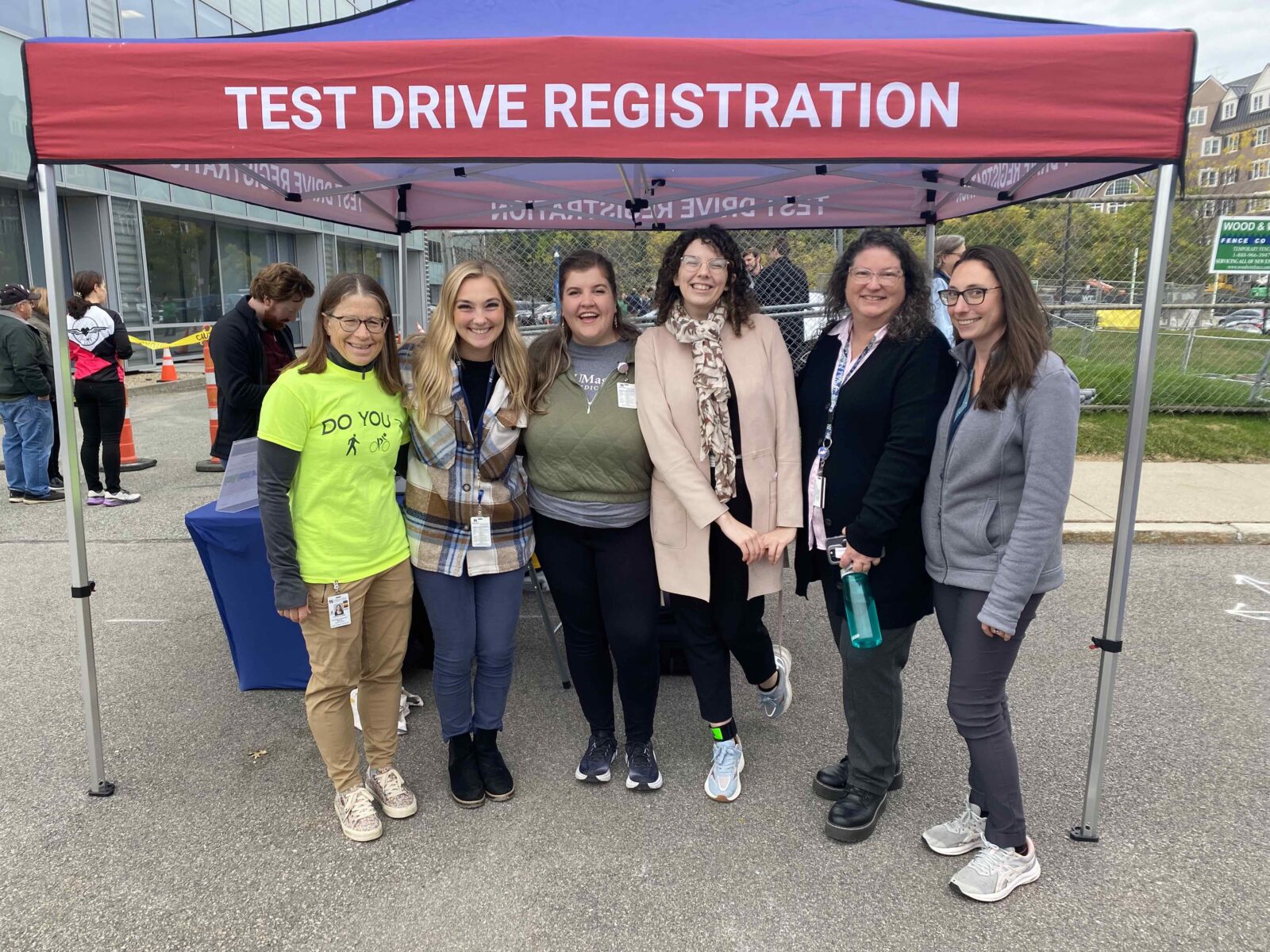
Last year, UMass Chan Medical School took remarkable steps toward sustainability and clean energy, underscoring its commitment to innovation not only in education and healthcare but also in environmental stewardship. Located in Worcester and part of the University of Massachusetts system, UMass Chan stands at the forefront of integrating sustainable practices within its operations. The […]
Black Economic Council of Massachusetts (BECMA) Hosts the Mass Black Expo

Runs October 6-8 at the Boston Convention and Exhibition Center One of our core values at Recharge America is that people of all backgrounds should have access to the innovations and emerging technologies that make the world more sustainable and more livable. BECMA is one of our newest Participants in Massachusetts, and they’re already a […]
American Lung Association Report Confirms the Health Benefits of EVs

A newly-released report from the American Lung Association (ALA) confirms that switching to electric vehicles (EVs) will have a significant impact on air quality. The finding seems unsurprising at first glance — of course fewer emissions will mean better air quality — but the scale of the improvement and what it means for public health […]
